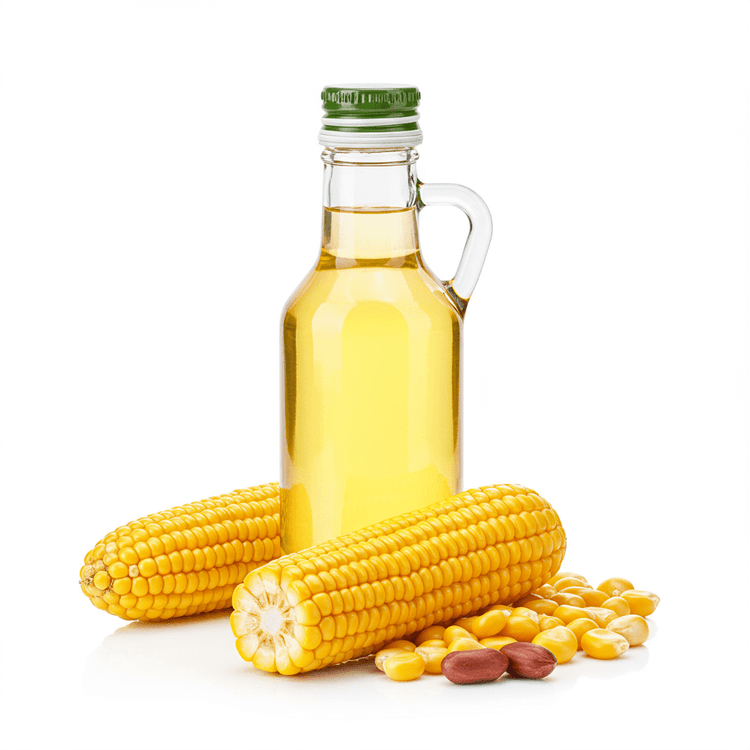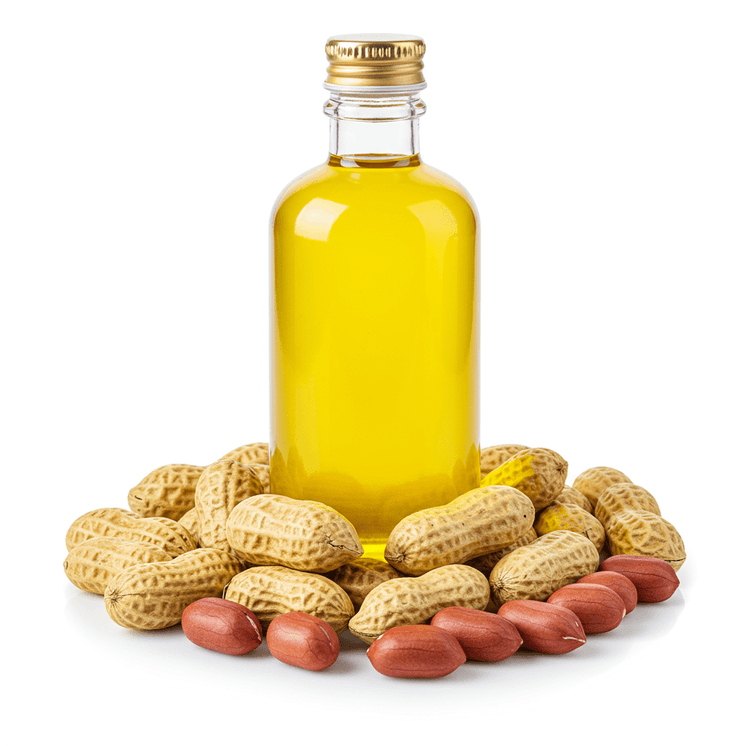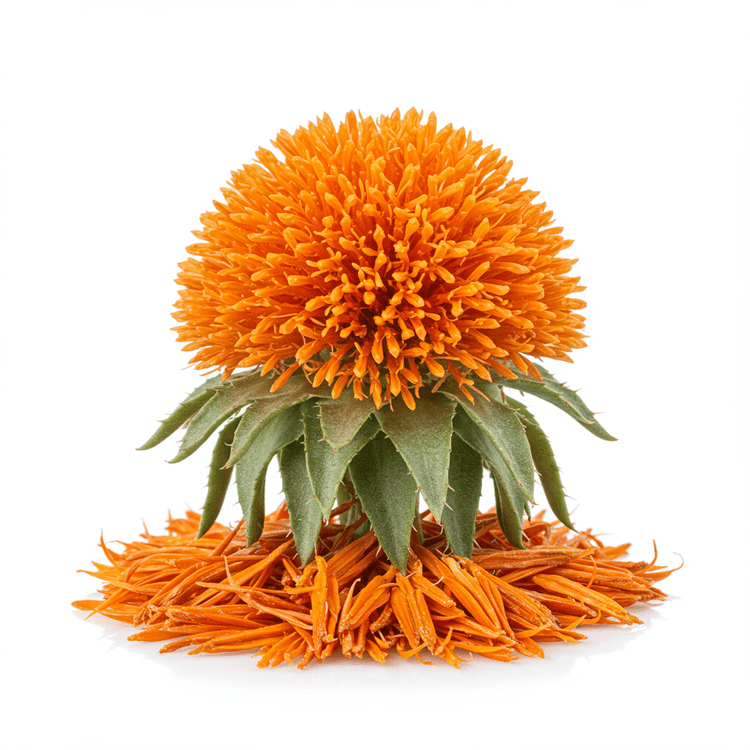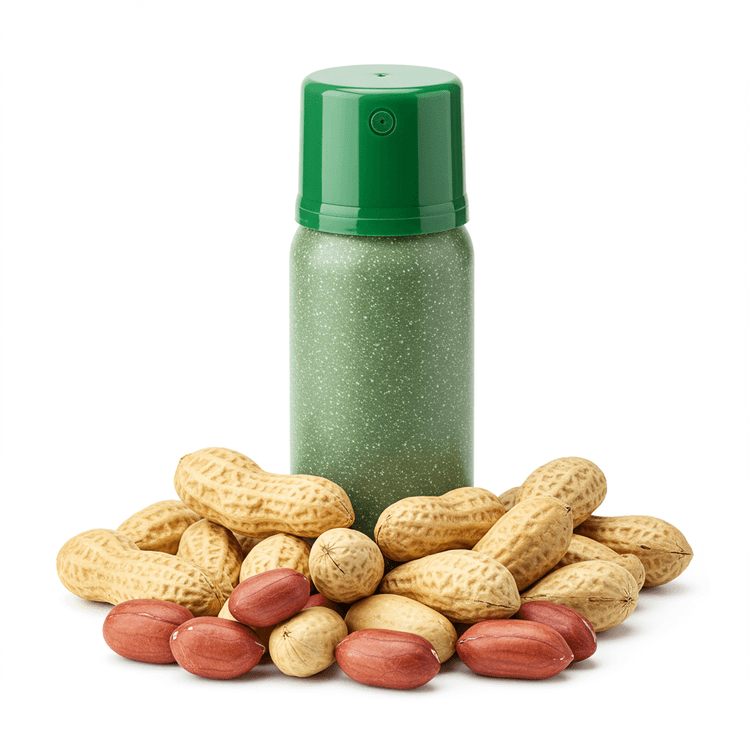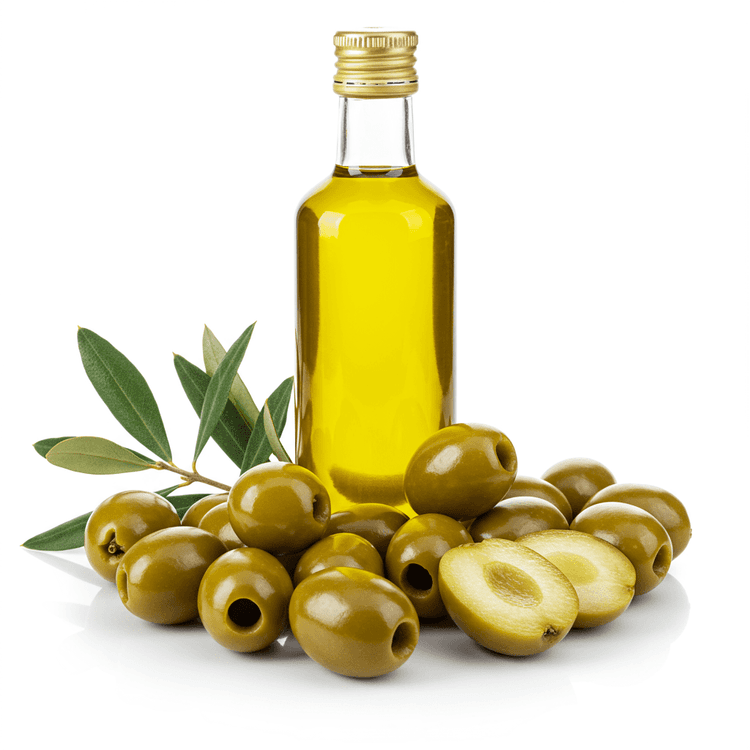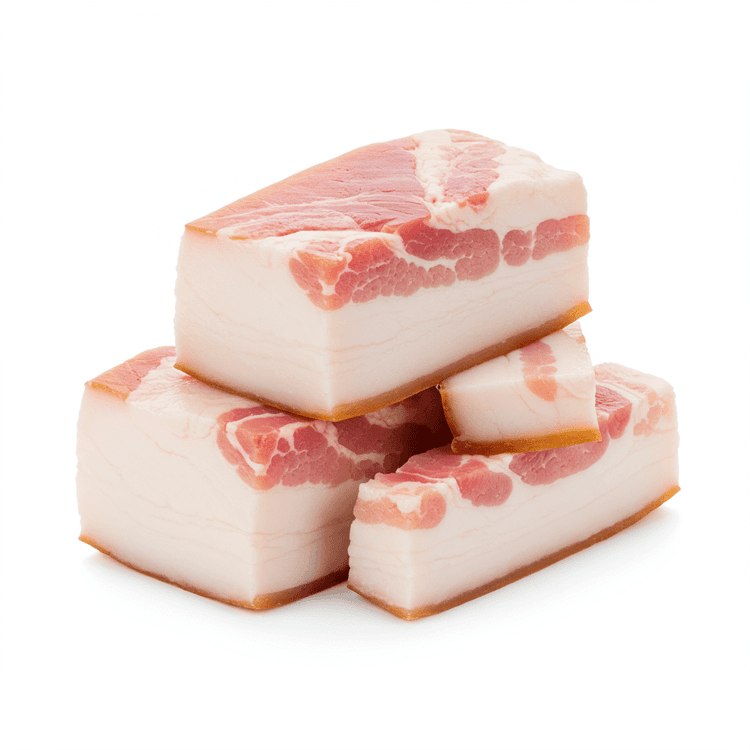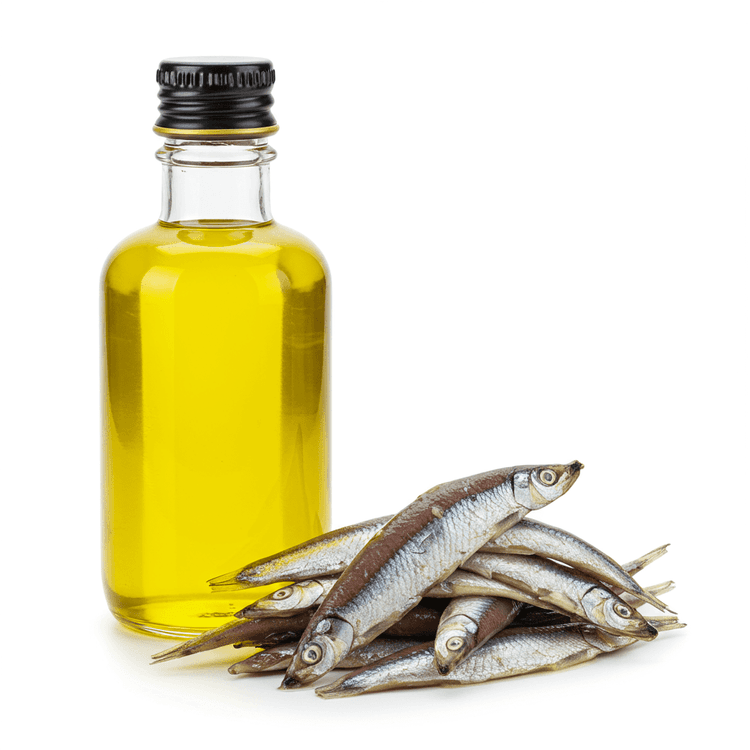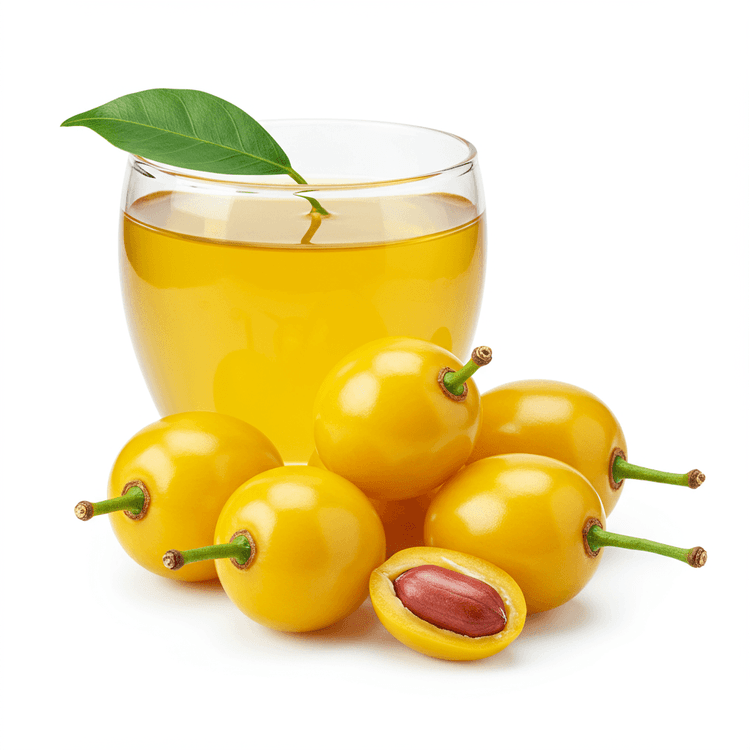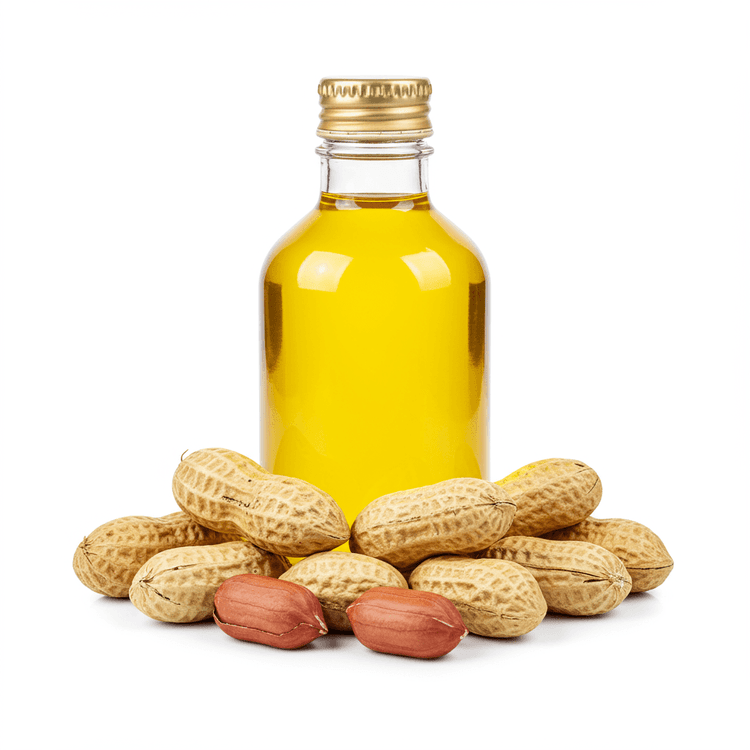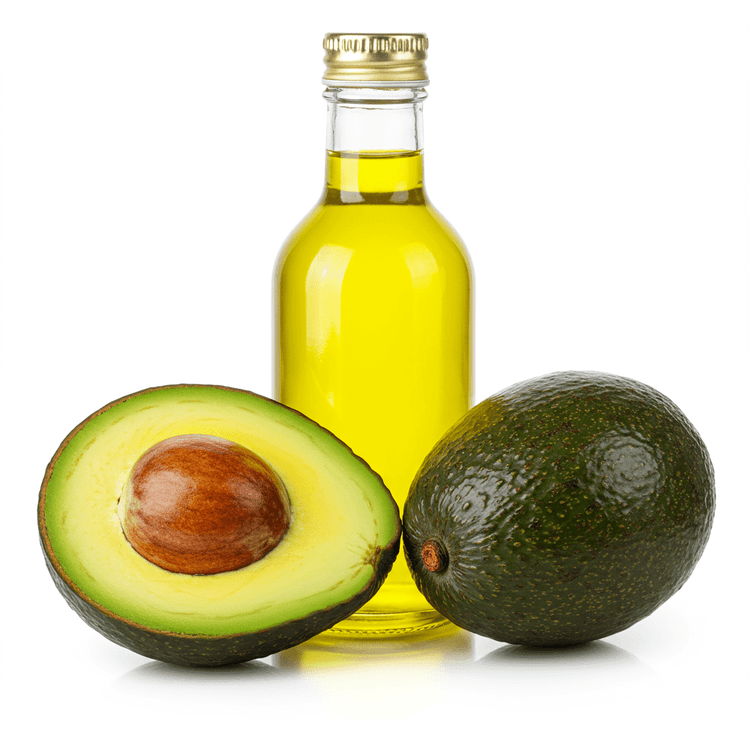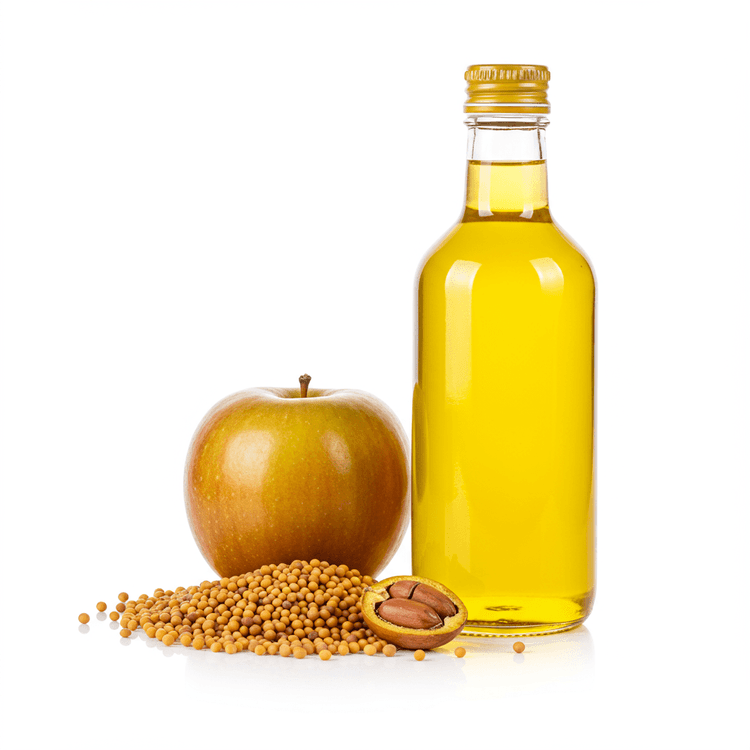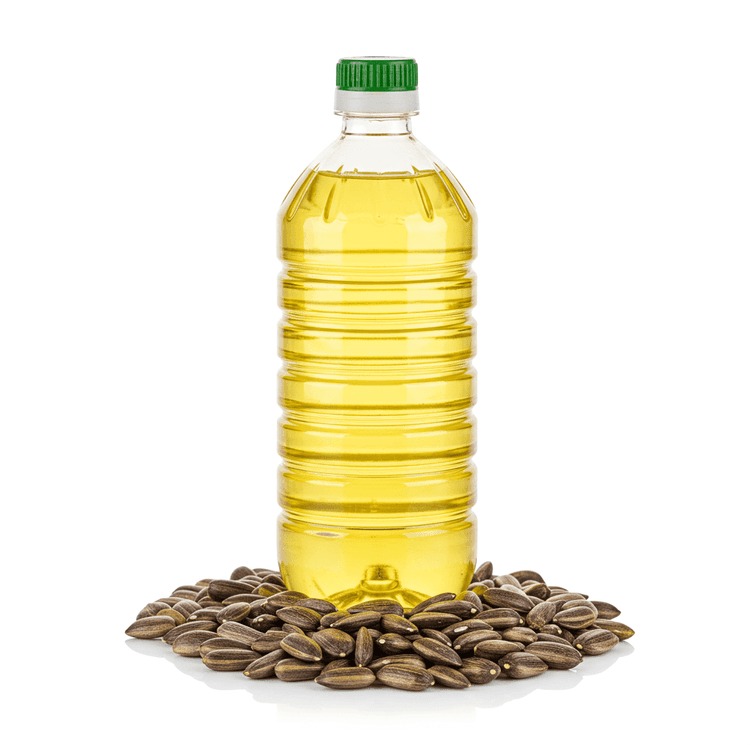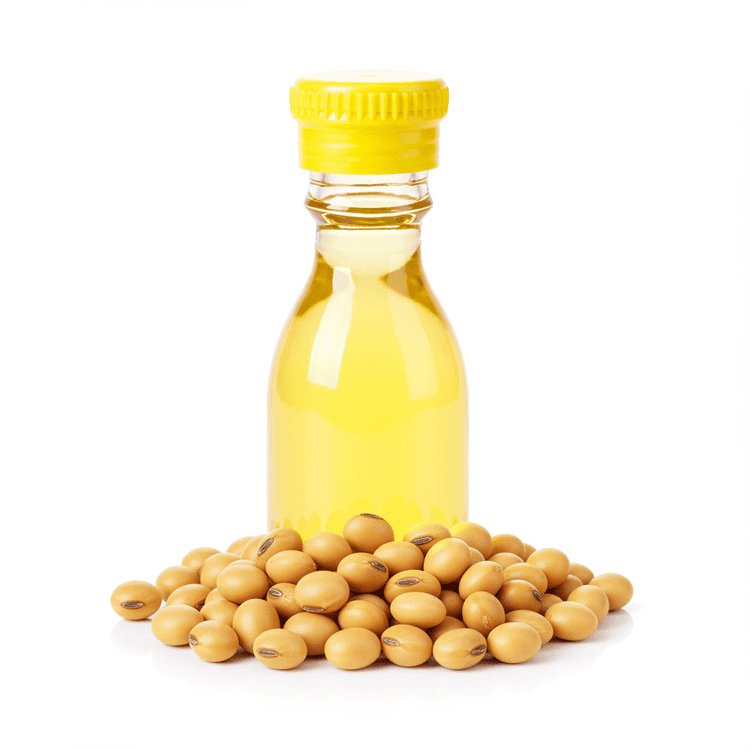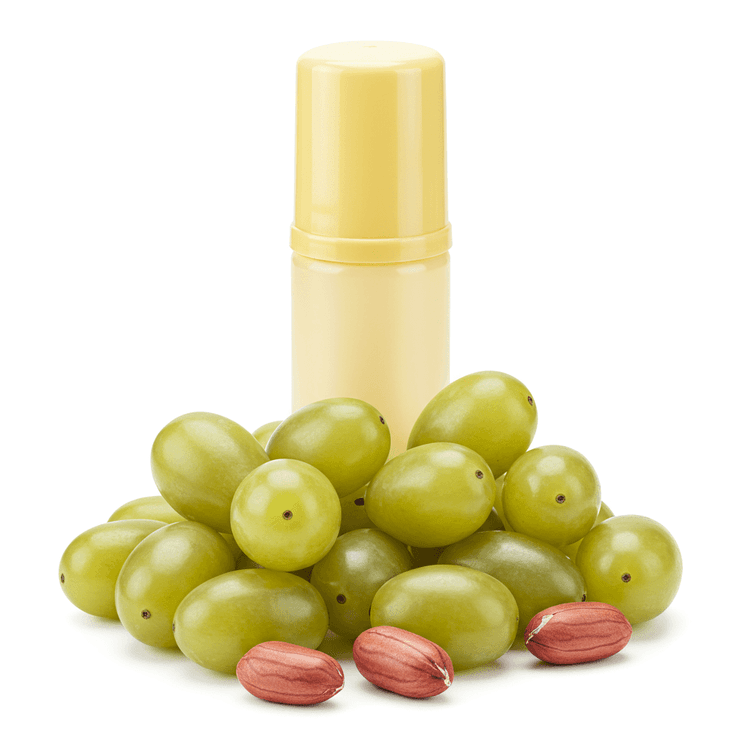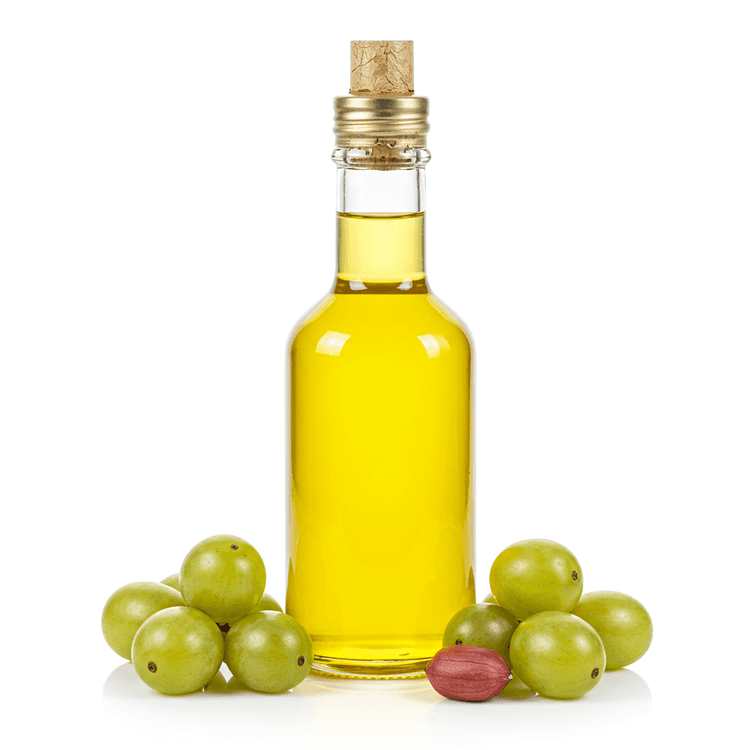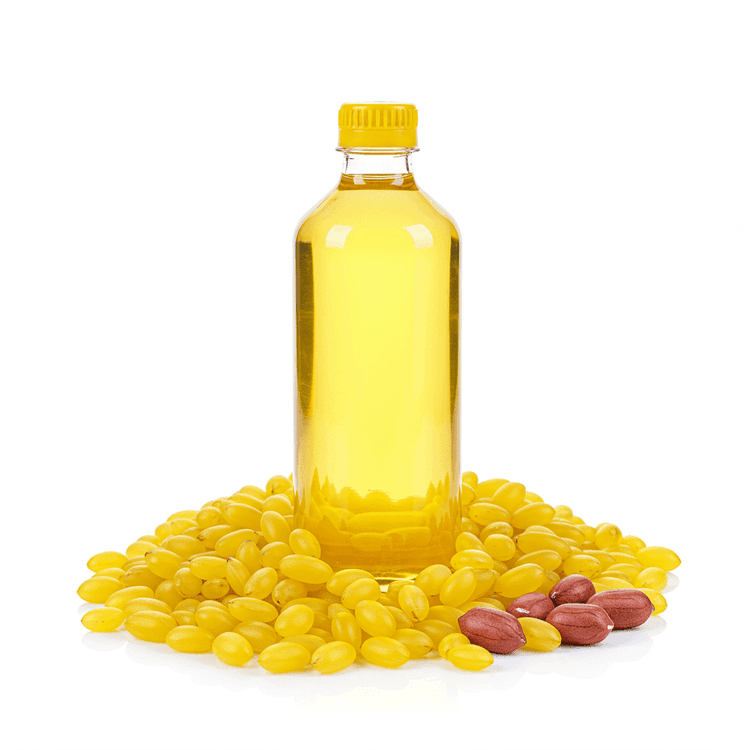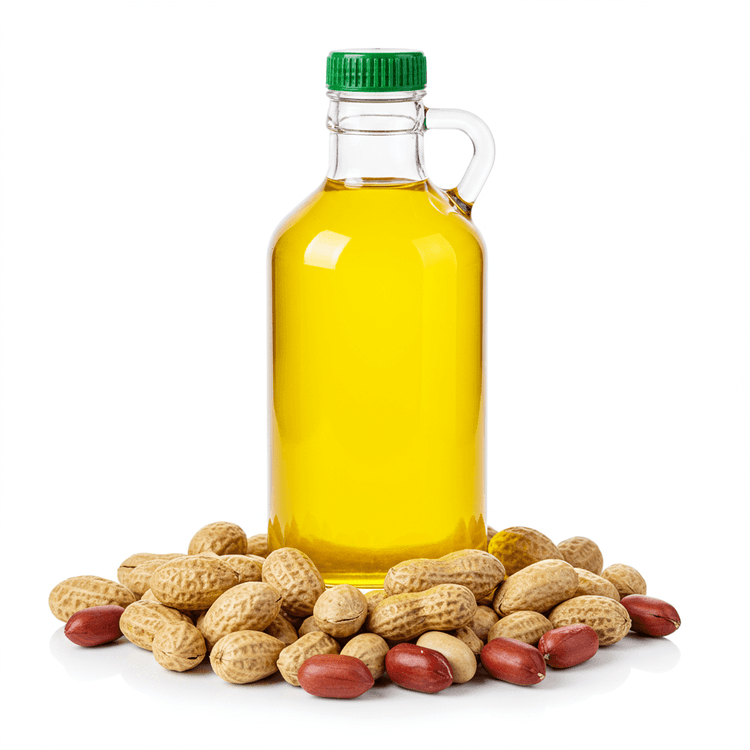
Vegetable Oil
Vegetable oil is a versatile cooking oil extracted from various seeds or fruits. It is known for its neutral flavor, making it ideal for a wide range of culinary applications. The oil typically has a light yellow color and a smooth, thin texture. It is often used for frying, baking, sautéing, and salad dressings due to its high smoke point and ability to impart little to no flavor to the final dish. Different types of vegetable oils, like canola oil, soybean oil, and sunflower oil, offer slightly varied nutritional profiles and smoke points.
Common Uses
- Use vegetable oil for deep frying foods like french fries, chicken, or doughnuts to achieve a crispy and golden-brown texture without imparting a strong flavor.- Employ vegetable oil when baking cakes, muffins, or cookies, ensuring a moist and tender crumb due to its liquid nature and neutral taste. - Sauté vegetables, meats, or tofu in vegetable oil over medium heat, allowing them to cook evenly and develop a slight browning without sticking to the pan.- Create homemade salad dressings using vegetable oil as a base, combining it with vinegar, lemon juice, herbs, and spices for a light and customizable dressing. - Utilize vegetable oil to grease baking pans, preventing cakes, breads, and other baked goods from sticking, ensuring easy release and clean edges. - Add vegetable oil to marinades for meats, poultry, or vegetables, helping to tenderize the food and carry the flavors of the herbs and spices.
Nutrition (per serving)
Nutrition (per serving)
Calories
884.0kcal (44.2%)
Protein
0.0g
Carbs
0.0g
Sugars
0.0g
Healthy Fat
81.5g
Unhealthy Fat
14.2g
% Daily Value based on a 2000 calorie diet
Nutrition (per serving)
Calories
884.0kcal (44.2%)
Protein
0.0g
Carbs
0.0g
Sugars
0.0g
Healthy Fat
81.5g
Unhealthy Fat
14.2g
% Daily Value based on a 2000 calorie diet
Health Benefits
- Supports heart health due to its unsaturated fat content.
- Provides essential fatty acids, important for overall well-being.
- Contains vitamin E, an antioxidant that protects cells from damage.
- May improve nutrient absorption of fat-soluble vitamins.
- Can contribute to healthy skin due to its fat content.
Substitutes
Chefadora AI is here.
Experience smarter, stress-free cooking.
Storage Tips
Vegetable oil should be stored in a cool, dark place away from direct sunlight and heat to prevent it from going rancid. Once opened, make sure the cap is tightly sealed to minimize exposure to air. Storing in a pantry or cupboard is ideal, and refrigeration is generally not recommended as it can cause the oil to become cloudy. The oil should be used within a reasonable time frame, usually within a year of opening, to ensure optimal quality.
Marnirni-apinthi Building, Lot Fourteen,
North Terrace, Adelaide, South Australia, 5000
Australia
